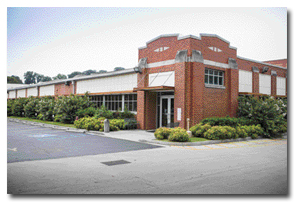Georgetown, S.C.-based geosynthetics producer Agru America Inc. is investing $39.1 million to
expand its operations in Georgetown, S.C., and Andrews, S.C., and add 126 jobs in the process.
The company will invest $19.2 million to add 40,000 square feet (ft2) to its Georgetown
manufacturing facility to accommodate at least three new machines and to add a 130,000-ft2 asphalt
storage yard. The investment also includes the addition of 49 employees.
Agru America will invest $19.9 million to upgrade and expand its Andrews manufacturing
facility to accommodate additional production equipment and add 77 new jobs. The company acquired
the facility in January and added production of needlepunched, nonwoven textiles for environmental,
industrial, automotive, bedding and furniture products.
“We are pleased with the opportunity to move forward with these expansions,” said Robert
Johnson, president, Agru America. “We have seen demand for our products increase and adding
capacity at both facilities will help us meet our manufacturing goals.”
Agru America claims to be the only U.S. manufacturer to use the flat die extrusion
calendering process to produce structured geomembranes for the global civil/environmental market.
The company reports the process enables production of a textured liner that offers a consistent
core thickness and high puncture, tear and elongation values. Its geosynthetics products include
Smooth, Micro Spike®, Super Gripnet® and Drain Liner™ in both linear low-density polyethylene and
high-density polyethylene.
Agru America is owned by Agru Kunststofftechnik GmbH, an Austria-based producer of plastic
products for piping systems other applications.
December 18, 2012





